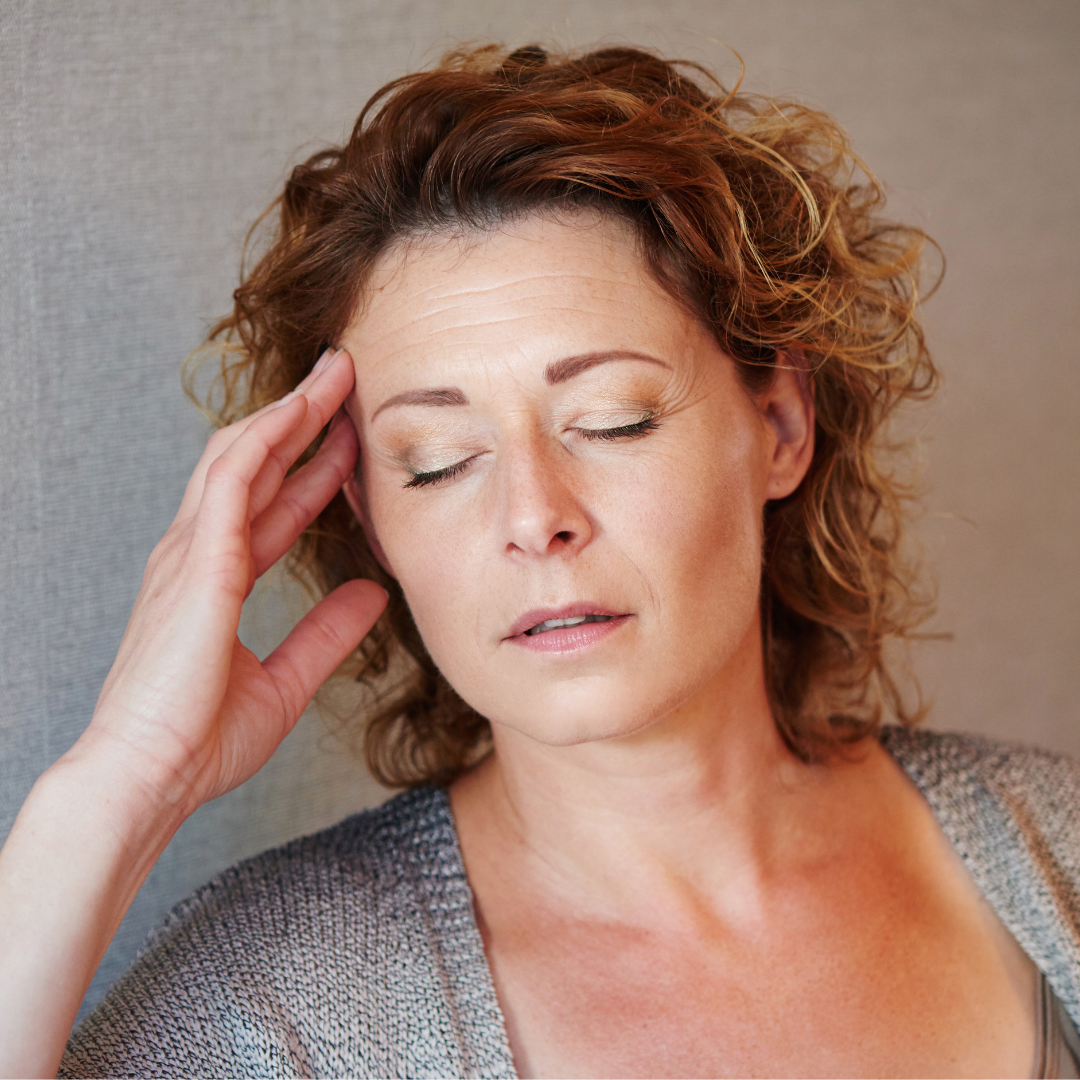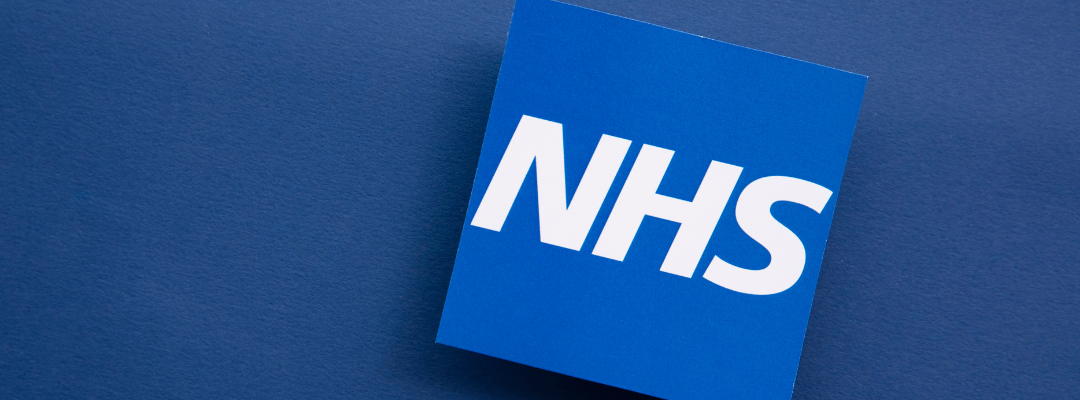
Better Sleep in Menopause
Over 60% of women suffer with some form of sleep disturbance in perimenopause and menopause. Whether it’s falling asleep, staying asleep, or waking up multiple times through the night, the misery of poor sleep can leave many women at their wits end with exhaustion. It’s no surprise that fluctuating hormones are at play, but they aren’t the only factor to disturb a good night’s sleep. Diet, lifestyle, stress and other menopause symptoms such as night sweats can also contribute to unrest.
Read on to find out more about sleep disruption in menopause and what can help improve things for you.
Hormones and HRT
Hormonal fluctuations in perimenopause can affect sleep. Oestrogen receptors are located all over the body, including in sleep receptors in the brain, and when oestrogen declines it triggers unrest. Decline of progesterone is also a key factor as this hormone is particularly beneficial for sleep. Other symptoms of menopause can also disrupt sleep including night sweats, restless legs, frequency of urination and itching (formication).
Speak to a knowledgeable GP or menopause specialist for individualised Hormone Replacement Therapy (HRT) prescribing.
Quality of sleep matters
Focus on the quality of the sleep you’re getting rather than how many hours you actually sleep. A shorter amount of good quality sleep is far better for the body than a night-time of broken sleep. Despite popular myth, there’s no magic number of hours for sleep hours and no one size fits all. So, whatever a fitness tracker might try to tell you your sleep goal should be, chances are it’s wrong and may be detrimental to sleep overall.
Sleeping less is also a natural part of ageing. Much like the rest of our body, sleep centres in our brain also age and we need less sleep; we can’t turn back the clock.
Regulate your bedtime routine
A good wind down routine can help prepare the body and mind for the rest it needs – whether that’s turning down lights, switching off devices, or simply letting go of the day. When you’re preparing for bed:
- Wait until your tired
- Get worries onto paper and leave them there
- Create a comfortable sleep environment: cool bedding, nightwear, fans or an open window if needed
- Switch off devices or move them to another room
- If you can’t sleep then consider getting up and doing something else until you’re ready for bed again.
Be active through the day
As well as practicing a good nighttime routine, daytime routines and activities are equally important:
- Be consistent with getting up and out of bed to keep your natural sleep cycle on track
- Don’t lay in bed too long once awake
- Seek out daylight to boost wellbeing
- Avoid daytime naps
- Eat and hydrate regularly through the day
- Be active for long enough each day to build up a ‘sleep drive’
Build a sleep drive
Both physical and cognitive activity are beneficial for many things, including creating a sleep drive in the body. Sleep drive needs to be as high as possible to help with a good night’s sleep. So whether it’s getting your steps in or mastering sudoku, use your body and mind to boost your sleep later.

Manage stress
Whether it’s children, elderly parents or simply the pressures of everyday life, stressors can be detrimental to sleep. Make time for mindfulness and meditation and practice letting things go. The more you do it the stronger you get at letting things go, which can really help with sleep, and give you more energy through the day. Alternatively find another stress releasing technique that works for you. There’s no one size fits all.
Curb caffeine intake
Caffeine found in drinks such as coffee, tea and sodas are widely recognised for their ability to boost feelings of being more alert or awake. However, consuming too much caffeine can also upset levels of adenosine in the body – a powerful substance that signals the body to become tired when it runs out energy from the food we eat. In fact, caffeine can block the function of adenosine and it can’t then provide sleep signals to the body at the day.

Be selective with supplements
Supplements such as melatonin and magnesium are widely quoted as aids to sleep. While there is no evidence to support their effectiveness, they can be helpful for some people, though they’re not a panacea. They should be introduced in moderation but discontinued after three months if they don’t offer any benefit. If they don’t work in three months they’re not going to.
Seek help
Sleep disruption triggered by menopause can also develop into insomnia, and it’s important to speak with a doctor if disruption is persistent. It’s important to get the right diagnosis and treatment for any other underlying conditions. All treatments are individualised. There’s no one size fits all.
In summary
Sleep disruption in midlife is very common, but better sleep is possible. It may take time to find the right adjustments and balance for you, but sometimes the smallest change can make a big difference. Don’t struggle through sleep deprived days or nights.
About Dr. Zoe Schaedel
Dr Zoe Schaedel has 15 years experience as an NHS GP with expertise in menopause care, sleep problems, sexual health and contraception. She is an accredited British Menopause Society (BMS) Menopause Specialist and is a member of the BMS Medical Advisory Council
Dr Schaedel is passionate about education and the training of future menopause specialists. She is a BMS trainer and supports clinicians who want to further their knowledge on women’s health. She also contributes to a number of national committees including the NHS England Menopause Improvement Programme.
Sleep has become a specialist focus for Dr Schaedel whose presentations and masterclasses, within a range of organisations and health settings, have received national recognition. Her focus is developing evidence-based treatments for persistent sleep problems, through understanding the interplay between menopause, mental health and sleep. Dr Schaedel co-founded The Good Sleep Clinic which works closely with Myla Health to develop bespoke treatment programmes.
Dr Schaedel’s research and academic papers are published in The Lancet and Post Reproductive Health. She appeared in the Channel 5 documentary Women’s Health: Breaking The Taboos and has been interviewed by a range of media organisations including Radio 4, The Independent and Grazia Magazine.
Dr Schaedel’s professional memberships include the British Menopause Society, Faculty of Sexual and Reproductive Health and The British Sleep Society.
Find Dr Zoe Schaedel on Instagram @zoemenopausedr
www.harleystathome.com | Instagram @harleystreetathomemenopause
Facebook: Search Harley Street at Home: Diagnosis, Symptoms & Treatments or Harley St at Home: Lifestyle, Self-Care and Lifestyle to join our private community



